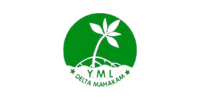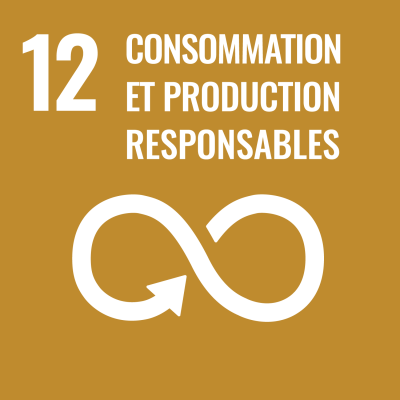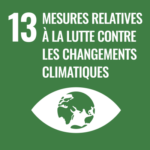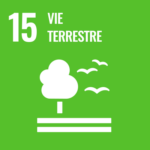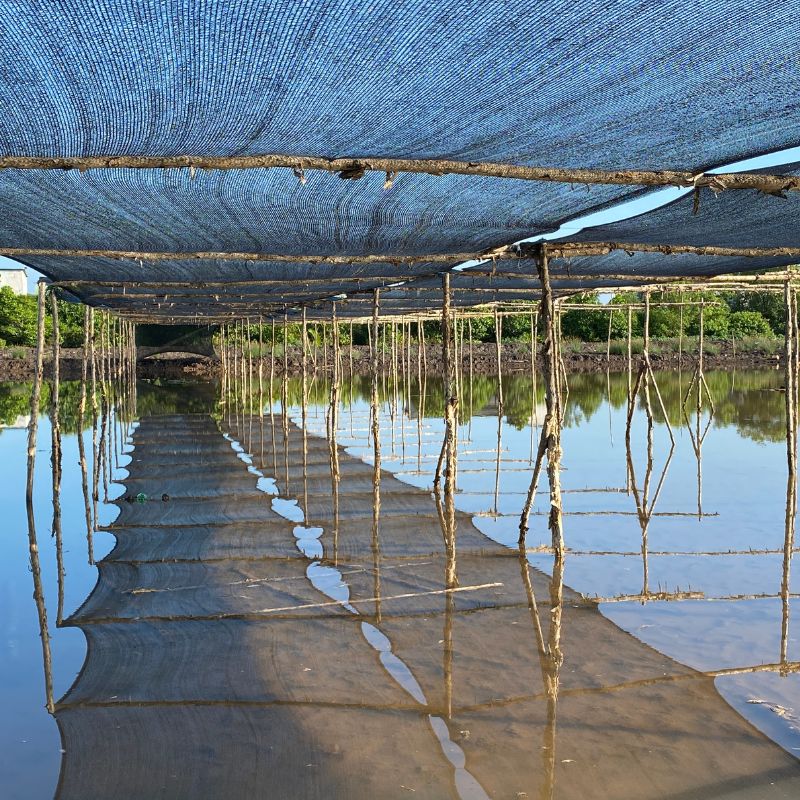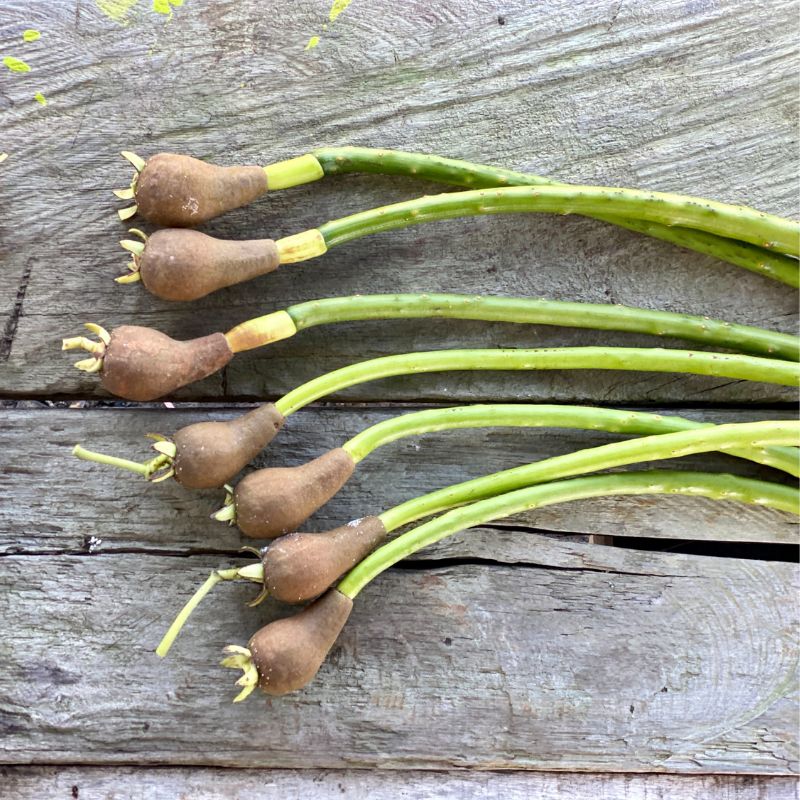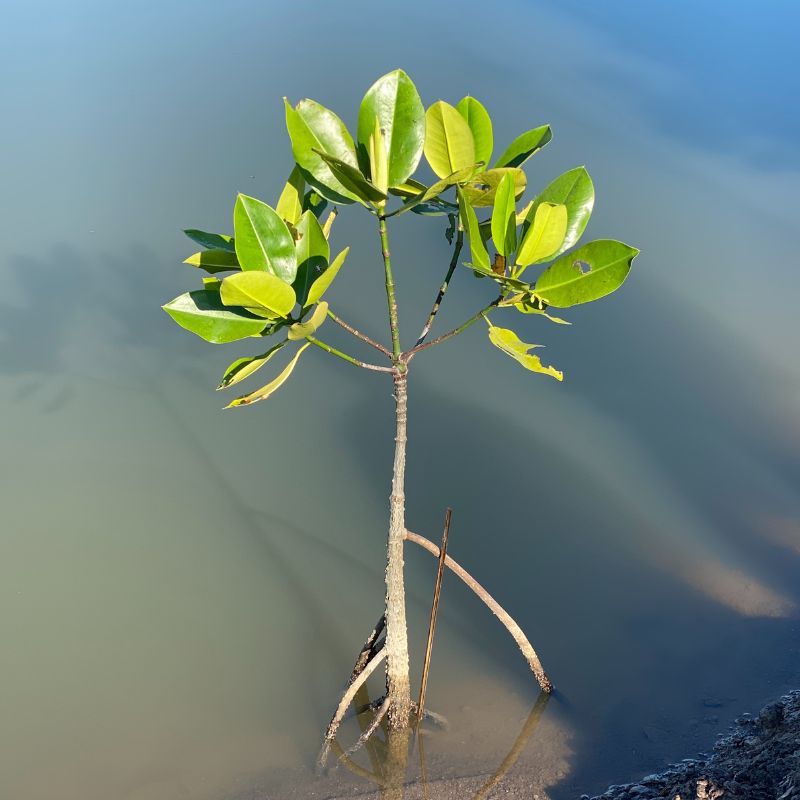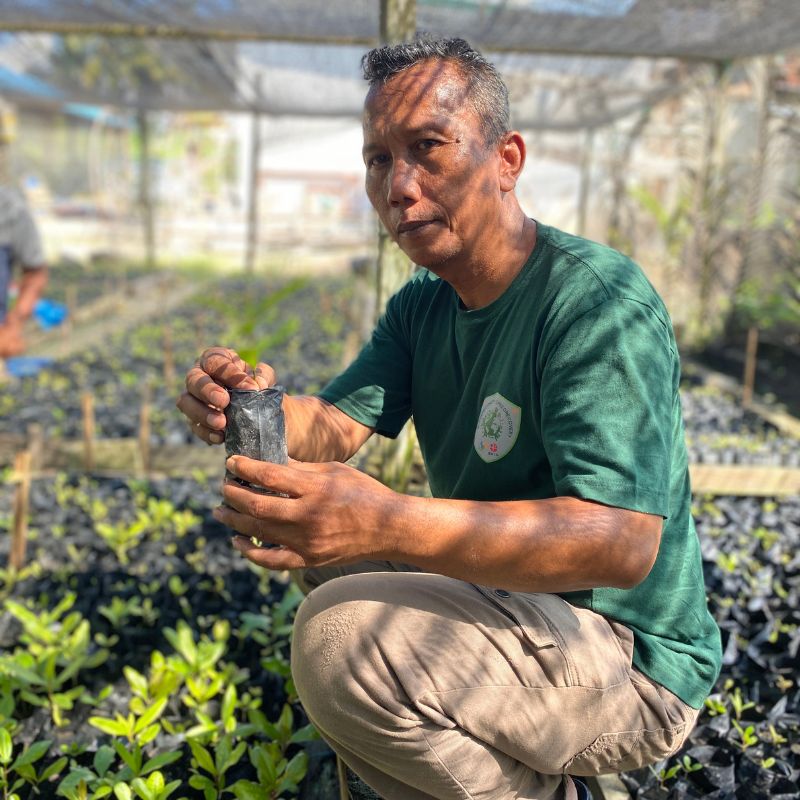
Our projects
Mangrove reforestation and local development
Project MAHAKAM – Indonesia
On deployment
Indonesia alone is home to ¼ of the world’s mangroves. On a global scale, this coastal tropical forest has been identified as a key forest for regulating the world’s climate, thanks to its carbon storage capacity.
In the Mahakam delta and Andang Bay (East Kalimantan, Borneo), the project area, 70% of the mangrove ecosystem is degraded due to the installation of unsustainable aquaculture ponds, while 90% of the region’s local population depends on these fishing activities. This degradation is reducing the area’s marine resources and increasing the vulnerability of coastal communities.
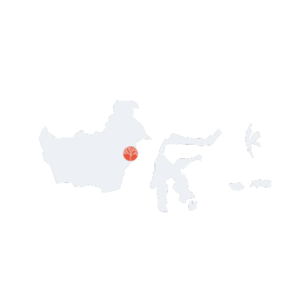
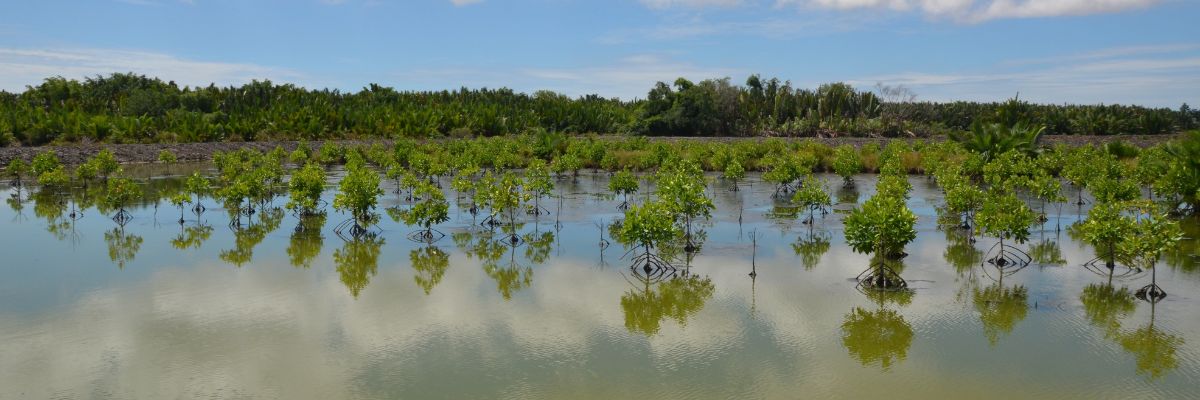
Context
The province of East Kalimantan will be home to Indonesia’s future capital. This political decision is likely to result in massive population displacements and severe environmental pressures, particularly in coastal areas such as the Mahakam Delta and Adang Bay, both located around 100 km from the new capital. These areas are home to
and face major environmental challenges.
The Mahakam Delta is a natural mangrove habitat that is undergoing significant degradation due to excessive clearing for extensive aquaculture (47.5% of the mangrove ecosystem is degraded). The village of Muara Adang, located in Adang Bay, is also experiencing land conversion to increase aquaculture activity and is affected by abrasion.
Objectifs
– Contributing to the restoration of degraded mangrove forests in East Kalimantan (Mahakam Delta and Adang Bay), habitats of endemic and threatened species such as the proboscis monkey
– Contribute to the preservation of a key ecosystem for climate change mitigation and adaptation by strengthening local governance, planting mangroves, improving environmental awareness and developing sustainable livelihoods for local communities.
The project’s SDGs
Key figures
Since 2022, the programme has been :

380 000
trees planted

104
hectares restored
« I live near the beach and every year I experience the northerly wind season which causes high tides, this happens every month from December to February. I hope that the mangroves we are planting will protect our villages from the negative impacts of the wind, such as the damage caused to houses. »
Mr Rahmat, beneficiary of the Mahakam project
Main partners


Implementation partner
